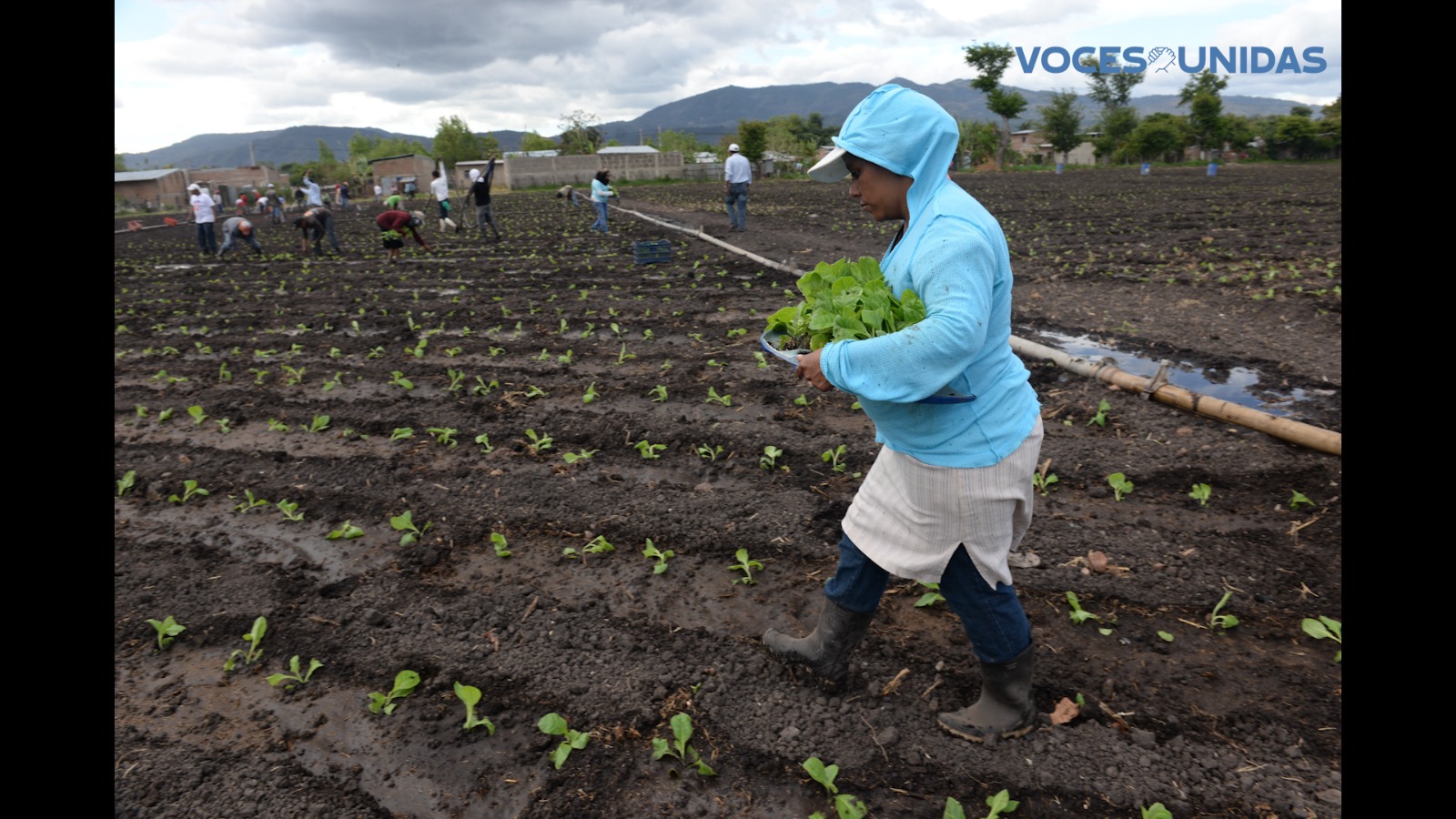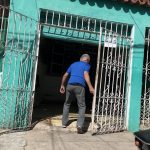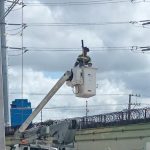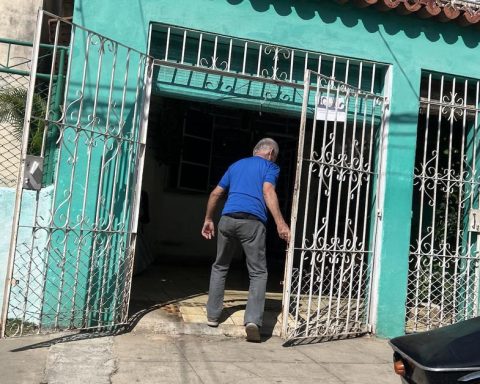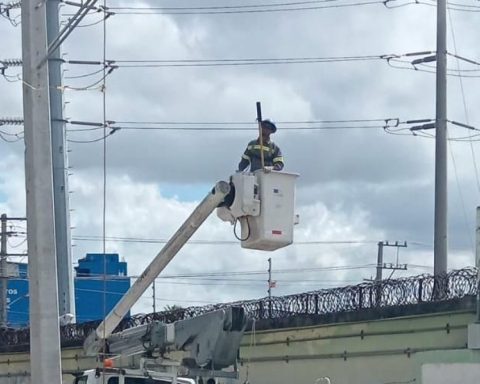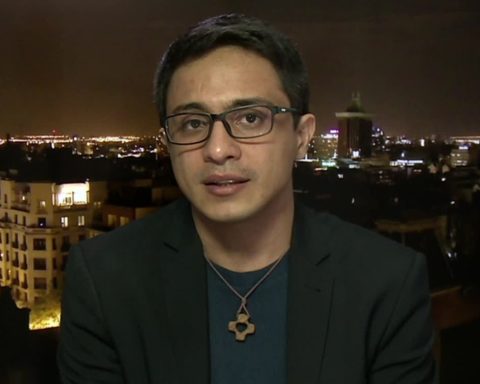The closure of non-governmental organizations in Nicaragua, as part of the repression of the regime of Daniel Ortega and Rosario Murillo, has affected peasants in the departments of Madriz, Estelí and Nueva Segovia, because the producers now do not have support technician for agricultural work.
Usually on dates prior to planting, they received specialized advice to prevent diseases and pests in their plots. Today, they have to do it alone and comment anonymously, that it is making it difficult for them to handle the issue.
Related news: Ortega carried out the “destruction of the social fabric” by closing NGOs
“Since the NGOs closed, we don’t know what kind of pests are attacking our crops, plus we received financing for seeds to sow in winter and now we don’t have those benefits,” complains another farmer.
“The government doesn’t care that we are in a bad way, because they are fine with their salaries and other perks they are given, the ones who suffer the consequences are us, the poor people who live off the land,” complains the small producer.
Women of the countryside, defenseless
The organizations, in addition to providing technical assistance to the peasants, also facilitated workshops on human rights issues in which they learned to be better citizens.
“In the training they taught us what to do to be able to denounce a person when our rights were violated or when our colleagues attacked us. They taught us how to follow up on the complaint, put pressure on the judge and how to take care of ourselves, but now we are left like that, up in the air,” explained a farmer.
The people who are dedicated to working the land hope that one day this situation will change so that they can once again be trained by the organizations in productive matters, in human rights and in family rights.
Technicians, unemployed and exiled
Others who were affected by the closure of non-governmental organizations had to make the decision to seek other countries to support their families, because they could no longer work, because their jobs were canceled and they were also persecuted.
“I attended almost 200 producers and we benefited them with seeds for first and last sowing, in addition to giving them follow-ups in their plots to see how they were emerging and the producers were always with their batteries on, working their plots”, says a unemployed technician who still remains in Nicaragua.
Related news: Murillo takes advantage of the assault on the Brazilian Congress to criticize the “coup attempt” against his regime
He relates that there were constant consultations and interest on the part of the peasantry, to improve the production of their crops.
Another problem is that the new generations of peasants also made the decision to leave the country to have better income for their families. They have left their experience in agriculture to take up other trades abroad that generate immediate money.
By: United Voices
